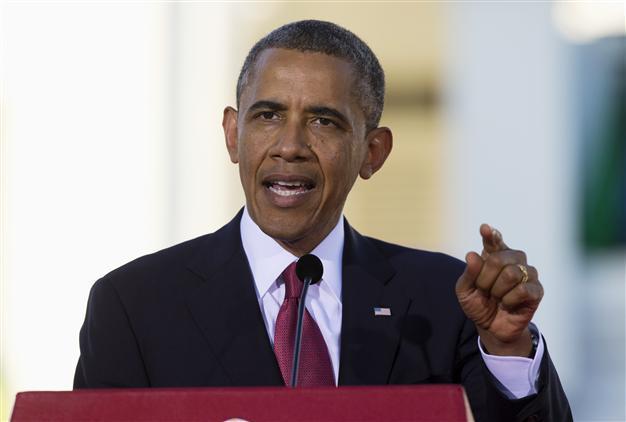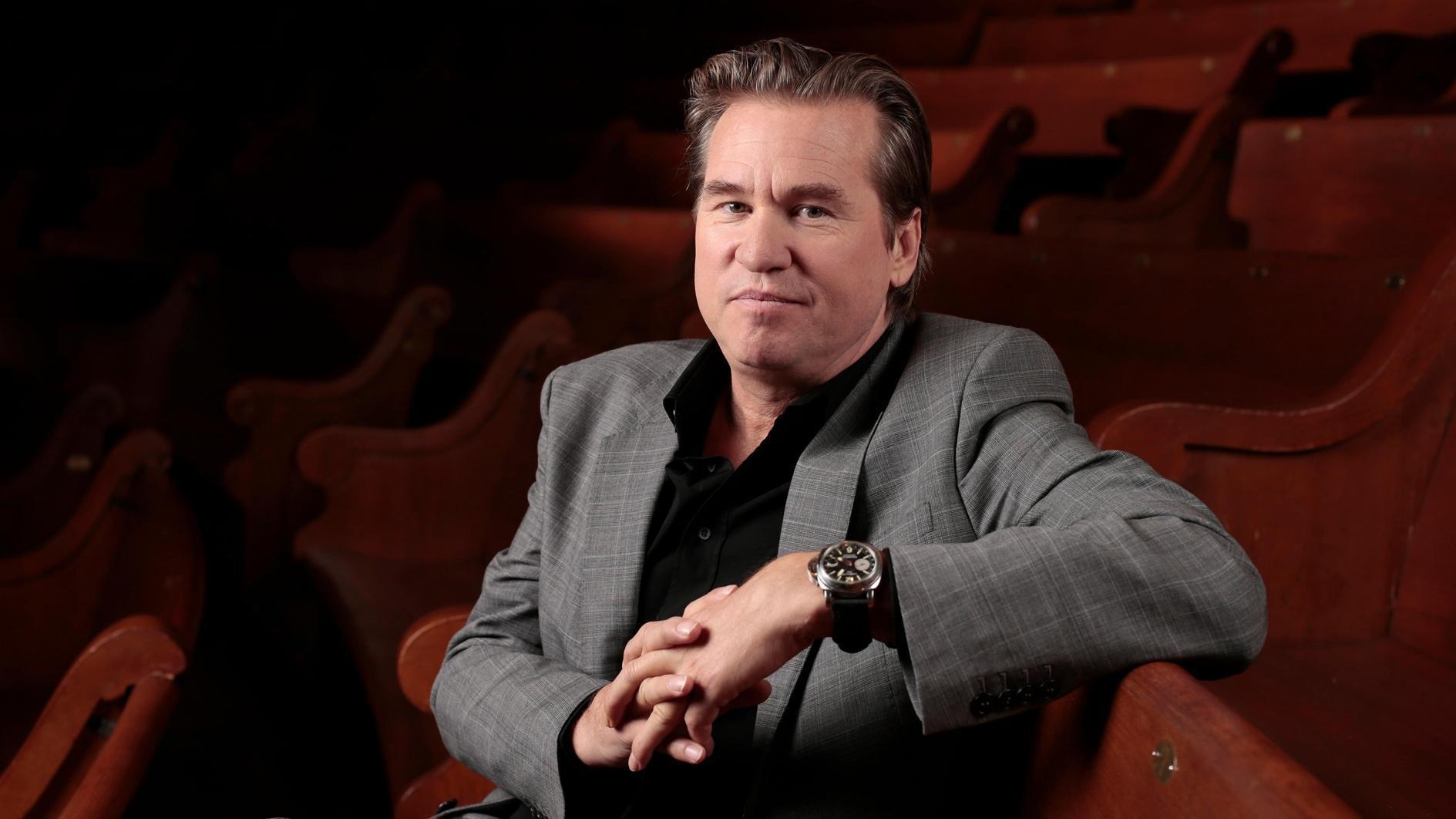Obama orders US to review aid to Egypt
WASHINGTON - The Associated Press / Reuters

U.S. President Barack Obama speaks during a news conference with Tanzanian President Jakaya Kikwete, July 1. Obama expressed deep concern over Egyptian military's removal of Mohamed Morsi. AP photo
U.S. President Barack Obama urged Egypt's military July 3 to hand back control to a democratic, civilian government without delay, but stopped short of calling the ouster of President Mohamed Morsi a coup d'etat.In a carefully worded statement, Obama said he was "deeply concerned" by the military's move to topple Morsi's government and suspend Egypt's constitution. He said he was ordering the U.S. government to assess what the military's actions meant for U.S. foreign aid to Egypt - $1.5 billion a year in military and economic assistance.
Under U.S. law, the government must suspend foreign aid to any nation whose elected leader is ousted in a coup.
Obama also urged the military to not arrest Morsi or his supporters.
"I now call on the Egyptian military to move quickly and responsibly to return full authority back to a democratically elected civilian government as soon as possible through an inclusive and transparent process, and to avoid any arbitrary arrests of President Morsi and his supporters," Obama said.
The U.S. wasn't taking sides in the conflict, committing itself only to democracy and respect for the rule of law, Obama said.
Obama had huddled in the White House Situation Room with Defense Secretary Chuck Hagel, Attorney General Eric Holder and his new national security adviser, former U.N. Ambassador Susan Rice. In his statement after the meeting, Obama said he expected the military to protect the rights of Egypt's men and women to due process and peaceful assembly. He reaffirmed his call for a democratic Egypt that involves participation from secular and religious parties alike.
"The voices of all those who have protested peacefully must be heard, including those who welcomed today's developments, and those who have supported President Morsi," Obama said, urging all sides to refrain from violence.
U.S. might have to cut off aid: Gen. Martin Dempsey
Moments earlier, U.S. Chairman of Joint Chiefs of Staff Gen. Martin Dempsey warned the Egyptian military of consequences if its overthrow of President Mohamed Mursi is viewed as a coup.
"At the end of the day it's their country and they will find their way, but there will consequences if it is badly handled," he told CNN. "There's laws that bind us on how we deal with these kinds of situations."
Egyptian armed forces on July 3 ousted Morsi, an Islamist leader of the Muslim Brotherhood and Egypt's first democratically elected president, after just a year in power. The military installed a temporary civilian government, suspended the constitution and called for new elections. Morsi has denounced it as a "full coup."
Britain urges calm, Saudi King congratulates new leader
Britain urged for calm in Egypt following the army's ouster of president Mohamed Morsi and spoke out against the use of military intervention in bringing about regime change, but stopped short of calling it a coup.
"The situation is clearly dangerous and we call on all sides to show restraint and avoid violence," said Foreign Secretary William Hague.
"The United Kingdom does not support military intervention as a way to resolve disputes in a democratic system," Hague said in the statement.
Despite its concerns about Wednesday's dramatic events, Britain called on all parties to move forward and "show the leadership and vision needed to restore and renew Egypt's democratic transition." "It is vital for them to respond to the strong desire of the Egyptian people for faster economic and political progress for their country," stressed Hague.
French Foreign Minister Laurent Fabius said Paris took note that elections had been announced in Egypt following a transition period.
France hoped a timetable would be drawn up respecting "civil peace, pluralism, individual liberties and the achievements of the democratic transition, so that the Egyptian people can freely choose their leaders and their future," Fabius added.
For his part, Saudi King Abdullah sent a message of congratulations to Egypt's new caretaker president, saying his appointment comes at a "critical" time in the nation's history, the official Saudi news agency SPA reported.
"On behalf of the people of Saudi Arabia I congratulate you for taking over the leadership of Egypt at this critical time in its history," Abdullah said in the first message of congratulations by an Arab leader to Adly Mansour.
"We call on God to help you bear the responsibility to achieve the hopes of our brotherly people in Egypt," the head of the Sunni-ruled oil powerhouse said in the message.
He also paid tribute to the Egyptian armed forces and its leader Abdel Fattah al-Sisi for using "wisdom" in helping to resolve the crisis and avoiding "unforseen consequences."
















